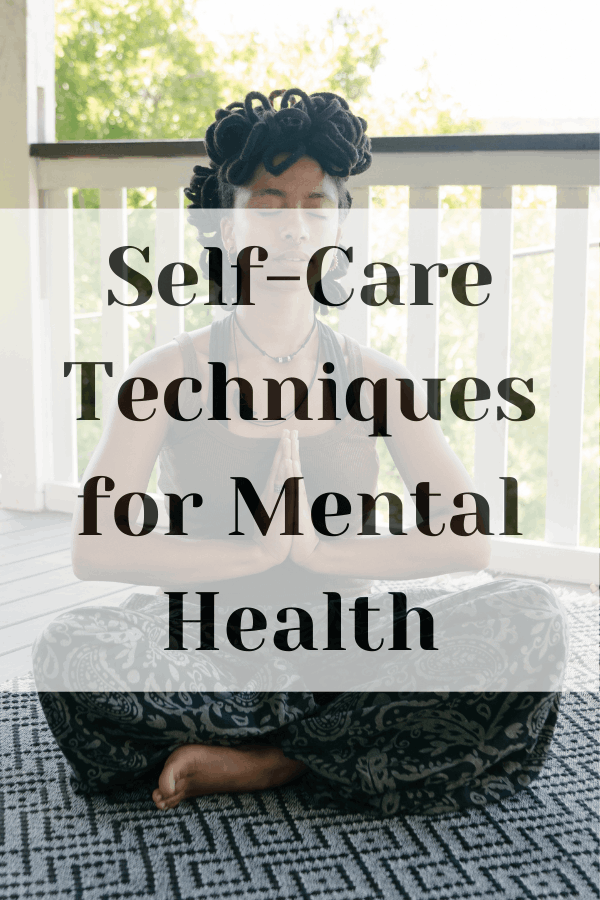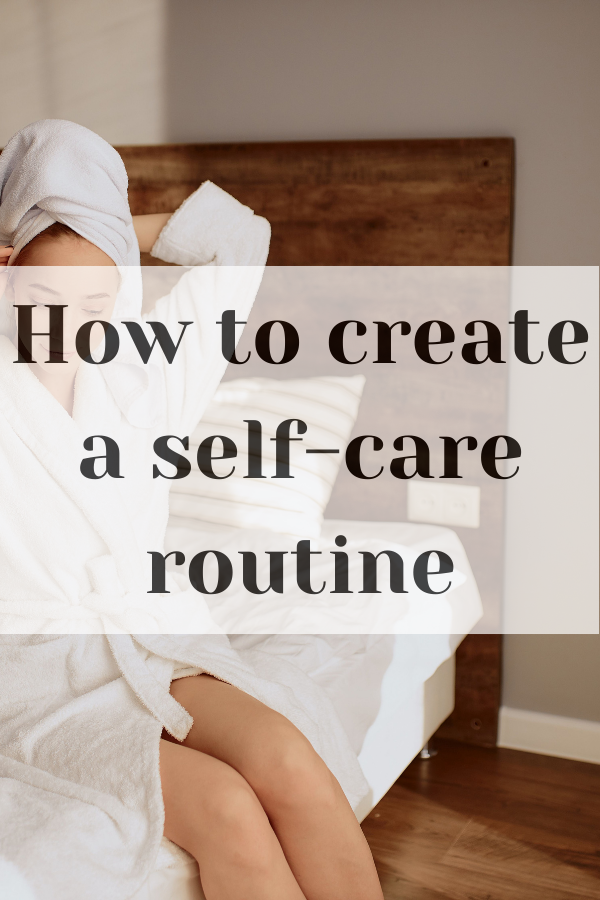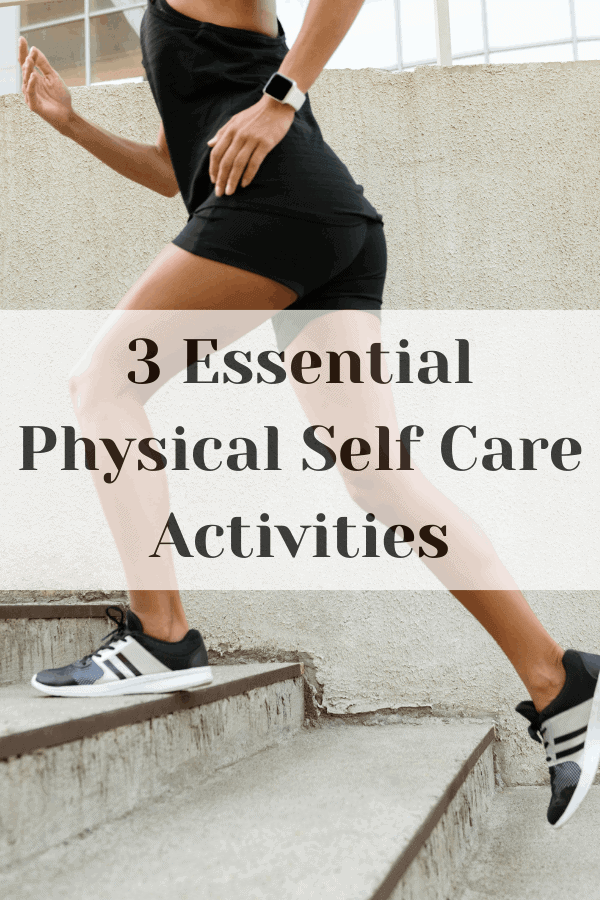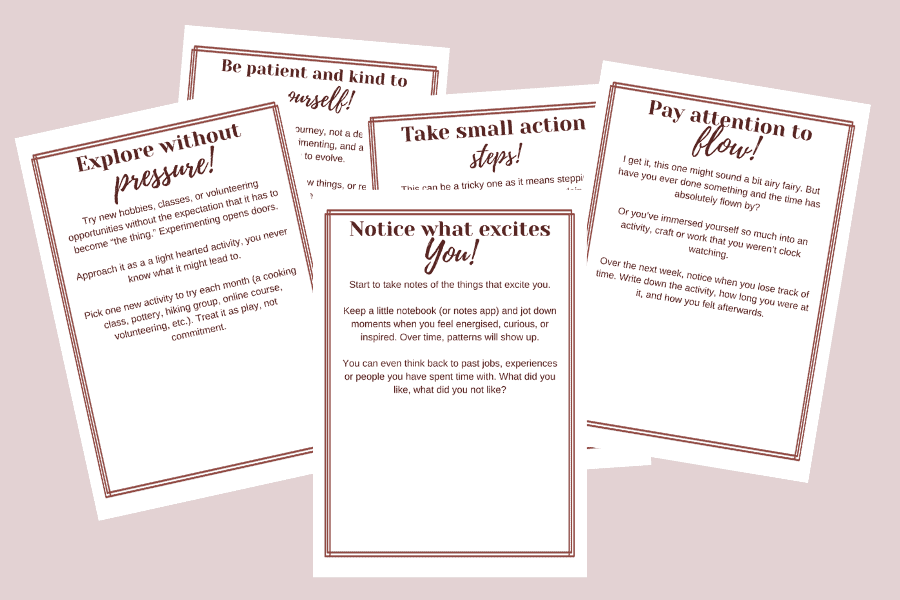Emotional Self Care Examples: Nurturing Your Well-Being with Practical Tips
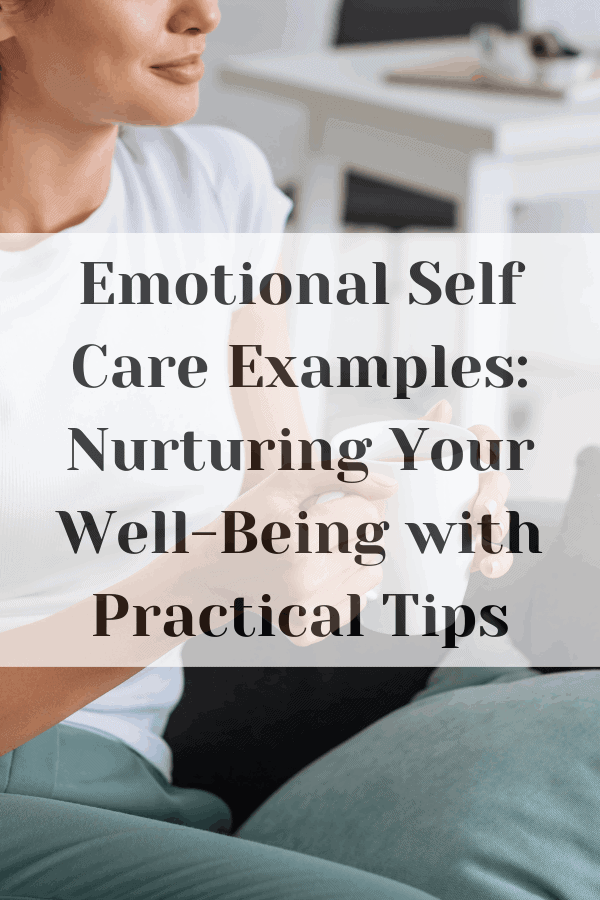
Hey there, fellow seekers of well-being! Are you ready to dive into the world of emotional self-care? Well, you’re in the right place. In this blog post, we’re going to unlock the secrets to nurturing your emotional health and finding your inner zen. So, grab a cosy blanket, snuggle up, and get ready to embark on a journey of self-discovery and self-care.
Now, let’s start with the basics. What exactly is emotional self-care, you ask? Well, think of it as giving yourself a big, warm hug from within. It’s about recognising, understanding, and tending to your emotional needs, just like you would care for your physical health. You see, taking care of your emotions is not a luxury; it’s an essential part of living a fulfilling and balanced life.
So, why is emotional self-care so important? Imagine this: you’re a magnificent, intricate web of emotions, experiences, and dreams. Your emotional well-being is like the vibrant thread that holds this web together. When that thread is frayed or neglected, it affects every aspect of your life — your relationships, your work, and even how you connect with yourself. But when you prioritise emotional self-care, you weave a tapestry of resilience, joy, and inner peace.
Now, here’s the fun part. We’re going to explore some practical examples of emotional self-care that you can start incorporating into your life right away. From mindfulness to creative expression to nurturing relationships, we’ll cover it all. So get ready to equip yourself with a toolbox filled with self-care practices tailored to your emotional well-being.
Remember, dear reader, this journey is all about you and your unique path to emotional fulfilment. So, let’s kick off this adventure and discover how you can make emotional self-care a delightful and transformative part of your daily life!
This post is about emotional self-care examples
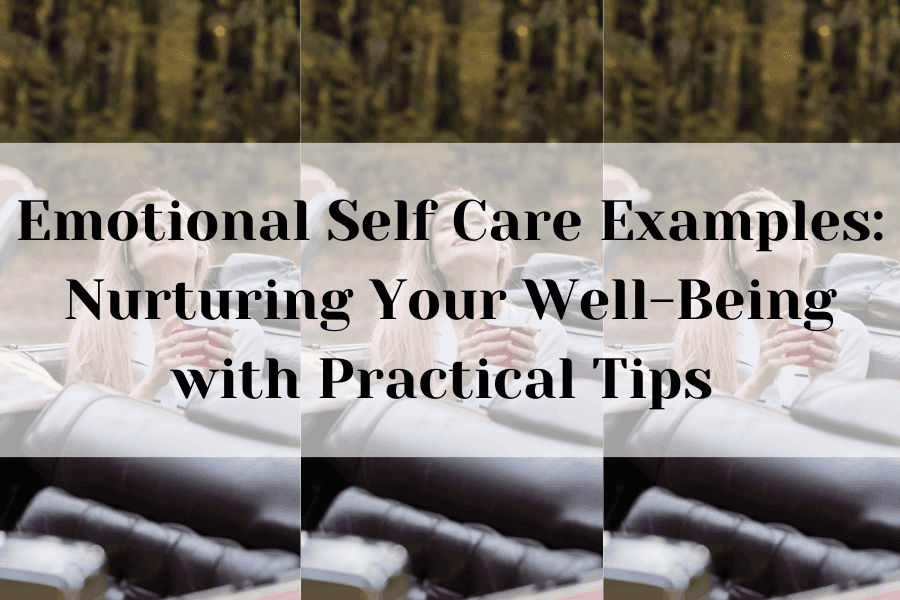
Understanding Emotional Self-Care
Emotional self-care is all about nurturing your emotional well-being through intentional actions and practices. It involves creating a supportive and compassionate relationship with yourself, where you prioritise your emotional needs and honour your feelings. It’s not about ignoring or suppressing emotions but rather acknowledging and embracing them as a valuable part of who you are.
Emotional self-care encompasses various aspects, such as self-awareness, self-compassion, and emotional regulation. It’s about developing the skills and tools to navigate the complexities of our emotions, allowing us to respond to life’s challenges with grace and resilience. By practising emotional self-care, we create a solid foundation for overall well-being and a fulfilling life.
The Importance of Emotional Self-Care
Why does emotional self-care matter? Simply put, our emotions are at the core of our human experience. They colour our perceptions, influence our thoughts, and shape our actions. Ignoring or neglecting our emotions can lead to emotional distress, anxiety, and even physical ailments. Emotional self-care matters because it recognises the significance of emotional well-being in our overall quality of life.
When we prioritise emotional self-care, we take proactive steps to nourish and support our emotional health. We become more attuned to our needs, allowing us to make better choices and set healthier boundaries. By taking care of our emotions, we create a strong foundation for mental and physical well-being, enhancing our ability to cope with stress, build resilience, and experience greater life satisfaction.
Benefits of Prioritising Emotional Well-Being
When we prioritise emotional well-being through self-care, we unlock a multitude of benefits that positively impact all areas of our lives. Here are a few key benefits worth highlighting:
1. Improved Mental Health: Emotional self-care promotes mental well-being by reducing stress, anxiety, and depressive symptoms. It enhances our ability to manage emotions effectively and cope with life’s challenges.
2. Enhanced Relationships: When we prioritise our emotional well-being, we cultivate healthier and more fulfilling relationships. We become more present, empathetic, and better equipped to understand and connect with others on a deeper level.
3. Increased Resilience: Emotional self-care equips us with the tools to bounce back from setbacks and adversity. It enhances our emotional resilience, enabling us to navigate life’s ups and downs with greater strength and adaptability.
4. Authentic Self-Expression: By caring for our emotions, we create space for authentic self-expression. We develop the courage to share our thoughts, feelings, and needs openly, fostering genuine connections and a sense of belonging.
5. Overall Life Satisfaction: When we prioritise emotional self-care, we create a solid foundation for overall life satisfaction. We experience greater joy, fulfilment, and a deeper sense of purpose as we align our actions with our emotional well-being.
Examples of Emotional Self-Care
Set the Stage for Mindful Moments
1. Deep Breathing and Grounding Techniques
Take a moment to focus on your breath. Inhale deeply through your nose, feeling your chest and abdomen expand, and then exhale slowly through your mouth, releasing any tension or stress. Deep breathing helps calm the nervous system and brings you into the present moment. Pair it with grounding techniques like feeling the sensation of your feet on the ground or noticing the weight of your body against a chair. Grounding techniques anchor you in the present and provide a sense of stability.
2. Engaging the Senses in Nature
Step outside and immerse yourself in the wonders of nature. Take a leisurely walk in a park, forest, or by the beach. As you stroll, engage your senses: notice the vibrant colours of flowers, listen to the rustling of leaves, feel the warmth of the sunlight on your skin, and inhale the refreshing scent of the outdoors. Connecting with nature allows you to detach from daily stressors, awaken your senses, and find solace in the beauty of the natural world.
3. Unplugging from Technology
In today’s digital age, we are constantly bombarded by notifications and screens. Take intentional breaks from technology to cultivate emotional well-being. Designate specific times each day to unplug from devices. During these tech-free moments, engage in activities that bring you joy and nourishment. Read a book, practice a hobby, enjoy quality time with loved ones, or simply bask in solitude. By disconnecting from technology, you create space for introspection, creativity, and meaningful connections with yourself and others.
Express Yourself Creatively
4. Journaling and Self-Reflection
Grab a journal and let your thoughts flow onto the pages. Journaling is a powerful tool for self-reflection and emotional release. Write about your experiences, feelings, and thoughts without judgment. Allow yourself to explore your inner landscape, gain clarity, and cultivate self-awareness. Journaling provides a safe space for self-expression, allowing you to understand yourself better and find solace in the written word.
5. Engaging in Artistic Pursuits
Tap into your creative side and indulge in artistic pursuits. Engaging in activities like painting, drawing, photography, or playing a musical instrument allows you to express yourself in unique and beautiful ways. The act of creating art can be both cathartic and therapeutic, allowing you to channel your emotions into tangible forms. Don’t worry about being perfect or creating masterpieces; it’s the process of creation and self-expression that truly matters.
6. Dancing or Movement as Emotional Release
When words fail, let your body speak. Dancing or engaging in any form of movement can be a powerful means of emotional release and self-care. Turn on your favourite music, close the door, and let your body move freely without inhibition. Allow the rhythm and beats to guide you as you express your emotions through movement. Dance like nobody’s watching, releasing any pent-up energy, stress, or emotions. Feel the liberation and sense of joy as you move your body, creating a connection between your inner world and the physical realm.
Nourish Supportive Relationships
7. Spending Quality Time with Loved Ones
One of the most fulfilling aspects of life is the connections we forge with our loved ones. Make it a priority to spend quality time with the people who uplift and support you. Engage in meaningful conversations, engage in shared activities, or simply enjoy each other’s company. Quality time allows for deepening bonds, creating cherished memories, and nurturing a sense of belonging and love.
8. Seeking Emotional Support
We all face challenges and difficult emotions from time to time, and seeking emotional support is an act of self-care. Reach out to trusted friends or family members when you’re in need of a listening ear or guidance. Share your thoughts and feelings openly, knowing that you’re not alone. By opening up, you allow others to support you and provide the empathy and understanding you deserve.
9. Joining Supportive Communities
Sometimes, finding support and connection extends beyond our immediate circle. Consider joining supportive communities or groups centred around shared interests or personal growth. These communities provide a space where you can connect with like-minded individuals, share experiences, and offer support. Whether it’s a book club, a hobby group, or an online forum, being part of a supportive community can provide a sense of belonging and validation.
Setting Boundaries for Emotional Well-Being
10. Learning to Say No
One of the most important aspects of setting boundaries is learning to say no when necessary. Understand that it’s perfectly okay to decline requests, invitations, or commitments that don’t align with your emotional well-being. Saying no is not selfish; it’s an act of self-care and self-respect. Prioritise your needs and conserve your energy for the activities and relationships that truly matter to you.
11. Communicating Needs Assertively
Setting boundaries also involves effectively communicating your needs and preferences to others. Practice assertiveness by expressing yourself clearly, respectfully, and honestly. Let others know what makes you feel comfortable, what your limits are, and what support you may need. Assertive communication fosters understanding and ensures that your emotional well-being is respected by those around you.
12. Taking Regular Breaks and Downtime
In our fast-paced world, it’s essential to prioritise regular breaks and downtime for your emotional well-being. Allow yourself moments of rest, relaxation, and rejuvenation. Take breaks during your workday to recharge, go for a walk, or engage in activities that bring you joy. Set aside dedicated downtime for self-care rituals, such as reading, taking baths, or indulging in hobbies. By incorporating regular breaks and downtime into your routine, you prevent burnout and create space for self-nurturing and emotional recharge.
Cultivating Self-Compassion
13. Using Positive Affirmations
Positive affirmations are powerful tools for cultivating self-compassion. Incorporate affirming statements into your daily routine to nurture a positive and supportive inner dialogue. Repeat phrases that acknowledge your worth, strengths, and inherent value. For example, say to yourself, “I am enough,” “I am worthy of love and happiness,” or “I deserve compassion and kindness.” By consciously shifting your self-talk to a more positive and compassionate tone, you can build a foundation of self-acceptance and self-love.
14. Practising Self-Care Rituals
Self-care rituals are acts of love and kindness toward yourself. Engage in activities that bring you joy, relaxation, and comfort. It can be as simple as taking a warm bubble bath, reading a favourite book, enjoying a cup of tea, or going for a nature walk. The key is to prioritise self-nurturing activities that replenish your energy and nourish your soul. By practising self-care rituals regularly, you send a message to yourself that you are deserving of care, attention, and well-being.
15. Embracing Mistakes and Practicing Forgiveness
Nobody is perfect, and part of self-compassion is embracing our mistakes and practicing forgiveness. Allow yourself the grace to make errors and learn from them. When you stumble or fall short of your expectations, avoid self-judgment and self-criticism. Instead, offer yourself understanding and forgiveness. Recognise that making mistakes is a natural part of growth and that it’s through these experiences that we learn, evolve, and become stronger. By embracing mistakes and practising self-forgiveness, you cultivate a nurturing and compassionate relationship with yourself.
Recap On Emotional Self-Care Examples
Throughout this blog post, we’ve explored the significance of prioritising our emotional well-being and discovered various examples of how we can nurture ourselves emotionally. Before we wrap up, let’s take a moment to recap and reinforce the key messages.
Emotional self-care is not a luxury; it’s a vital aspect of living a fulfilling and balanced life. It allows us to navigate life’s ups and downs with greater ease, build resilience, and experience more joy, connection, and authenticity.
Choose the practices that resonate with you and incorporate them into your daily life. Whether it’s practising mindfulness, engaging in creative expression, nurturing supportive relationships, setting boundaries, cultivating self-compassion, or any combination of these, remember that consistency is key.
It’s important to recognise that emotional self-care is a personal journey. What works for one person may not work for another, and that’s okay. Listen to your intuition, pay attention to what brings you joy and peace, and adapt the examples provided to suit your unique needs and preferences. You are the expert of your own emotional well-being, and by embracing this journey, you’re taking a powerful step toward a more fulfilling and balanced life.
Wishing you a journey filled with self-discovery, growth, and an abundance of emotional well-being. You deserve it!
This blog post was about emotional self-care examples
Share this post: on Twitter on Facebook
